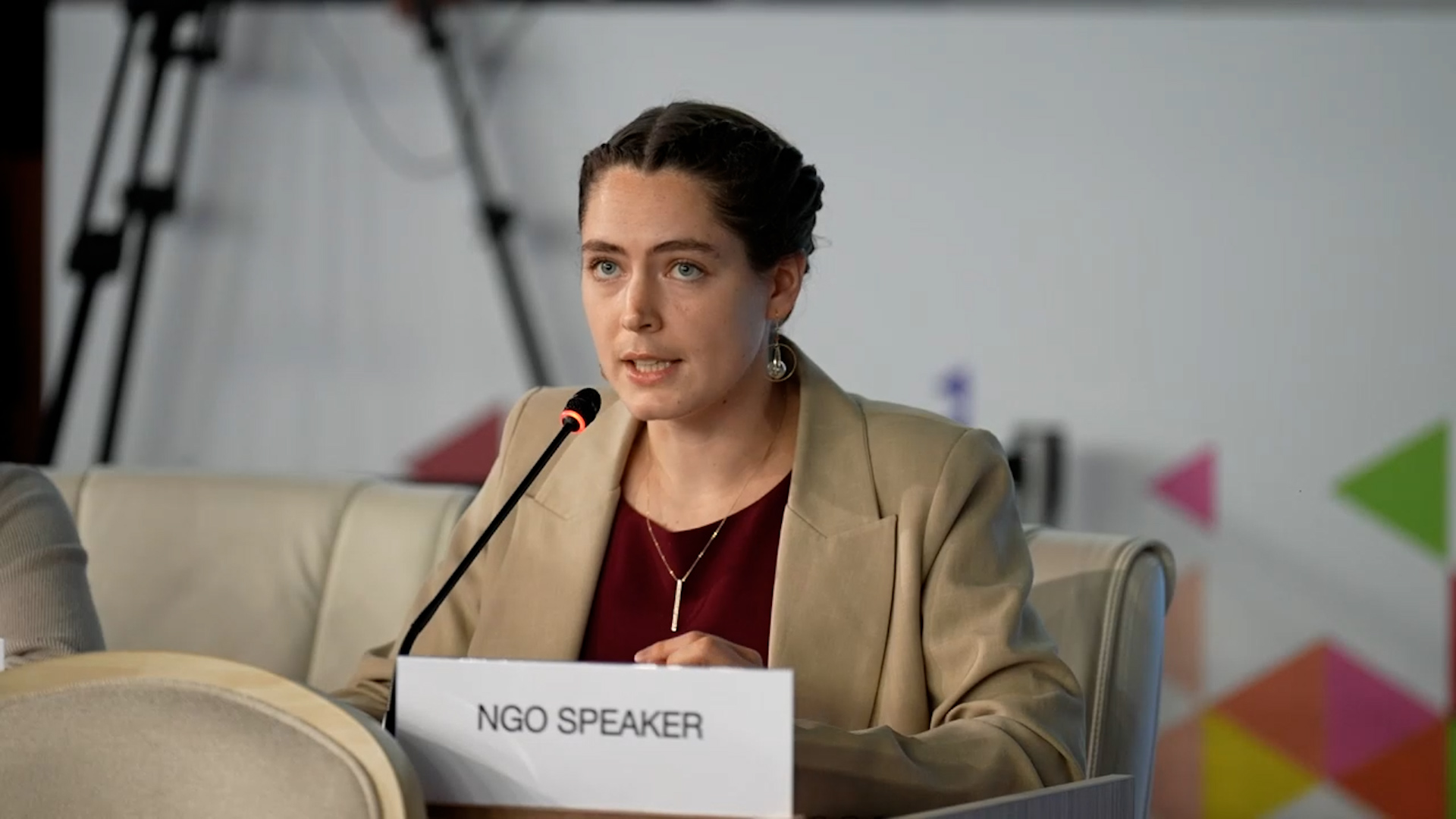Exposing Financial Crime and Protecting Our Financial System
The Financial Crimes Enforcement Network (FinCEN), a bureau within the U.S. Department of the Treasury, is the nation’s lead authority in combating international money laundering, terrorist financing, and other major financial crimes that happen across the globe.
In 2022, a landmark piece of legislation—the AML Whistleblower Improvement Act—was passed, significantly strengthening the whistleblower program. This act creates a direct financial incentive for individuals with knowledge of wrongdoing to come forward.
Under the program, if a whistleblower provides original information that leads to a successful enforcement action with penalties exceeding $1 million, they are entitled to a mandatory award of 10% to 30% of the collected funds.
This program is a critical tool for enforcing U.S. foreign policy and ensuring the integrity of the global financial system. If you have knowledge of financial misconduct, you may be eligible for a significant award and legal protection.
What Types of Violations Qualify?
FinCEN investigates a wide range of violations of the Bank Secrecy Act (BSA) and related sanctions laws. Whistleblower claims often involve:
- Failure to File Required Reports: Financial institutions failing to file Currency Transaction Reports (CTRs) for cash transactions over $10,000 or Suspicious Activity Reports (SARs) for potentially illegal activities.
- Structured Transactions (Structuring): Criminals attempting to evade reporting requirements by breaking large transactions into smaller, less conspicuous amounts, often across multiple accounts.
- Recordkeeping Violations: Failure by an institution to maintain accurate and complete records of customer identities and transactions for the legally required period (typically five years).
- “Know Your Customer” (KYC) Failures: Inadequate due diligence by a financial institution to verify a customer’s identity, source of funds, and risk profile.
- Money Laundering: The process of disguising the proceeds of illegal activity as legitimate funds, often using shell companies, complex transactions, or high-value asset purchases.
- Terrorist Financing: Knowingly or negligently providing financial support or services to individuals or organizations linked to terrorism.
- Sanctions Violations: Conducting business with individuals, entities, or countries on U.S. sanctions lists, such as those under the International Emergency Economic Powers Act (IEEPA) or the Trading With the Enemy Act.
Who is Eligible to Be a Whistleblower?
You do not need to be a U.S. citizen to be a whistleblower, and the misconduct can occur anywhere in the world. A wide range of individuals with non-public information can qualify, including:
- Bank Employees: Tellers, compliance officers, loan officers, and managers.
- Former Employees: Individuals who are no longer with a company but have knowledge of past or ongoing violations.
- Industry Insiders: Employees of money services businesses, real estate agencies, and other financial institutions.
- Customers and Clients: Individuals who witness suspicious activity firsthand.
- Third-Party Contractors: Vendors, auditors, or consultants with access to sensitive information.
Financial Awards and Ironclad Protections
The AML Whistleblower Program was designed to both reward and protect those who come forward.
- Mandatory Financial Awards If your information leads to sanctions of over $1 million, you are legally entitled to an award. The amount is based on the quality of your information and your level of cooperation. Awards are paid from the Kleptocracy Asset Recovery Rewards Fund, which is financed by the very penalties collected from wrongdoers.
- Anonymity and Confidentiality You can file a claim anonymously, but you must be represented by a U.S.-based attorney. FinCEN is required by law to protect your identity.
- Protection Against Retaliation The law explicitly forbids employers from retaliating against whistleblowers. An employer cannot “discharge, demote, suspend, threaten, blacklist, harass, or in any other manner discriminate against a whistleblower.” If you face retaliation, you may be entitled to reinstatement, back pay, and other damages.
How to Report a Violation
If you have information about a potential AML, BSA, or sanctions violation, follow these critical steps:
- Secure Your Evidence: Gather and preserve all relevant documents, emails, transaction records, and other proof that supports your claim. Be careful to collect evidence lawfully.
- Consult an Experienced Attorney: A specialized whistleblower attorney is essential to protect your rights, ensure your submission meets all legal requirements, and help you file anonymously.
- File a Formal Report: Your attorney will help you prepare and submit a detailed, confidential report to FinCEN through the proper channels.
- Cooperate with the Investigation: Be prepared to assist investigators by providing additional information and testimony. Your cooperation is key to a successful outcome and can increase your award percentage.
Why You Need an Expert Whistleblower Attorney
Navigating the complexities of a FinCEN claim is a high-stakes process. Working with a specialized attorney provides critical advantages:
- Protect Your Identity: An attorney is required for anonymous filing and can act as a shield between you and the government.
- Navigate Complex Laws: AML and sanctions laws are incredibly nuanced. An expert ensures your claim is strong and legally sound.
- Maximize Your Award: A skilled lawyer knows how to present your evidence to maximize its impact and argue for the highest possible award percentage.
- Defend Against Retaliation: If your employer retaliates, your attorney will be prepared to immediately defend your rights and seek justice.
We Didn’t Just Study the Law; We Helped Write It.
Our firm was a key architect of the modern AML Whistleblower Program. We worked directly with Congress to draft and pass the critical amendments that empower and protect today’s whistleblowers.
- 2022: We led a successful grassroots campaign with the National Whistleblower Center to pass the Anti-Money Laundering Whistleblower Improvement Act, creating the robust program that exists today.
- 2021: Our firm led advocacy efforts to amend and strengthen the reward provisions in the original Anti-Money Laundering Act of 2020.
- 2018: Our attorneys testified before the European Parliament, successfully advocating for expanded whistleblower protections to cover money laundering.
Our deep involvement in creating these laws gives us unparalleled insight into how to build a successful case for our clients.
Ready to Take the Next Step?
If you have information about money laundering or sanctions violations, contact us for a free, fully confidential consultation. Our experts can help you understand your rights and determine if you have a case.





